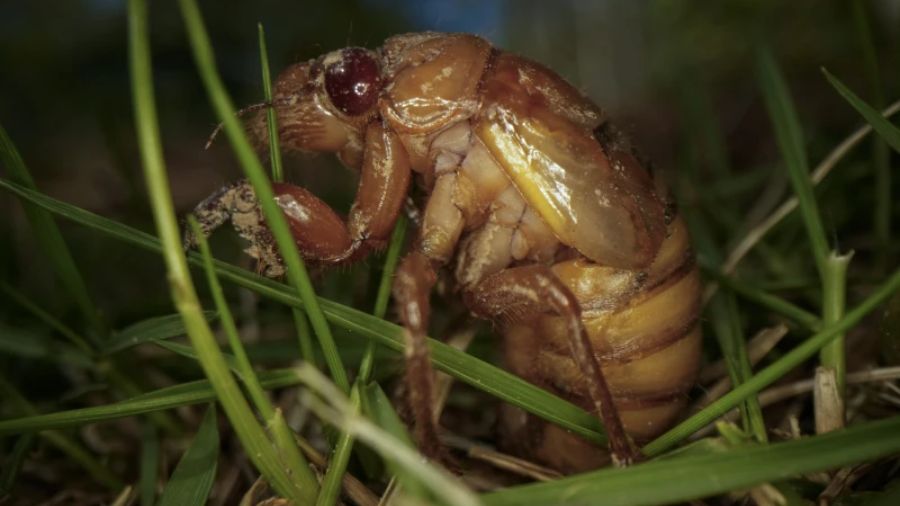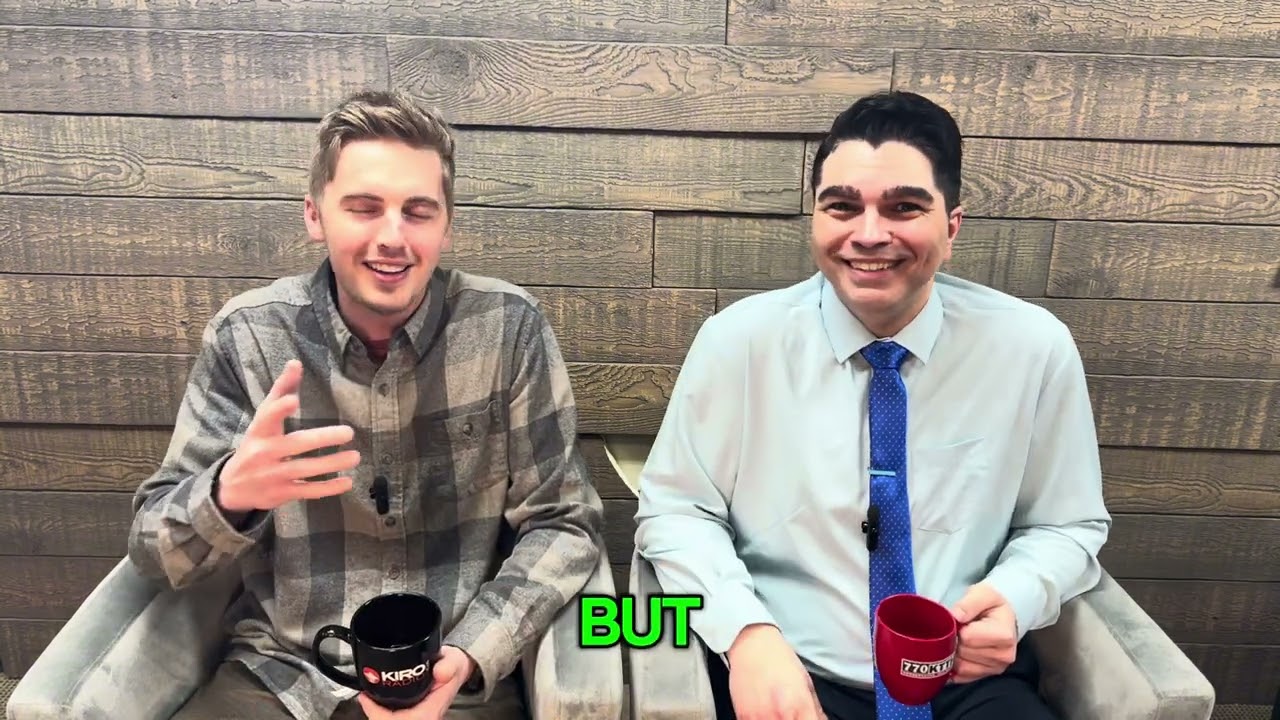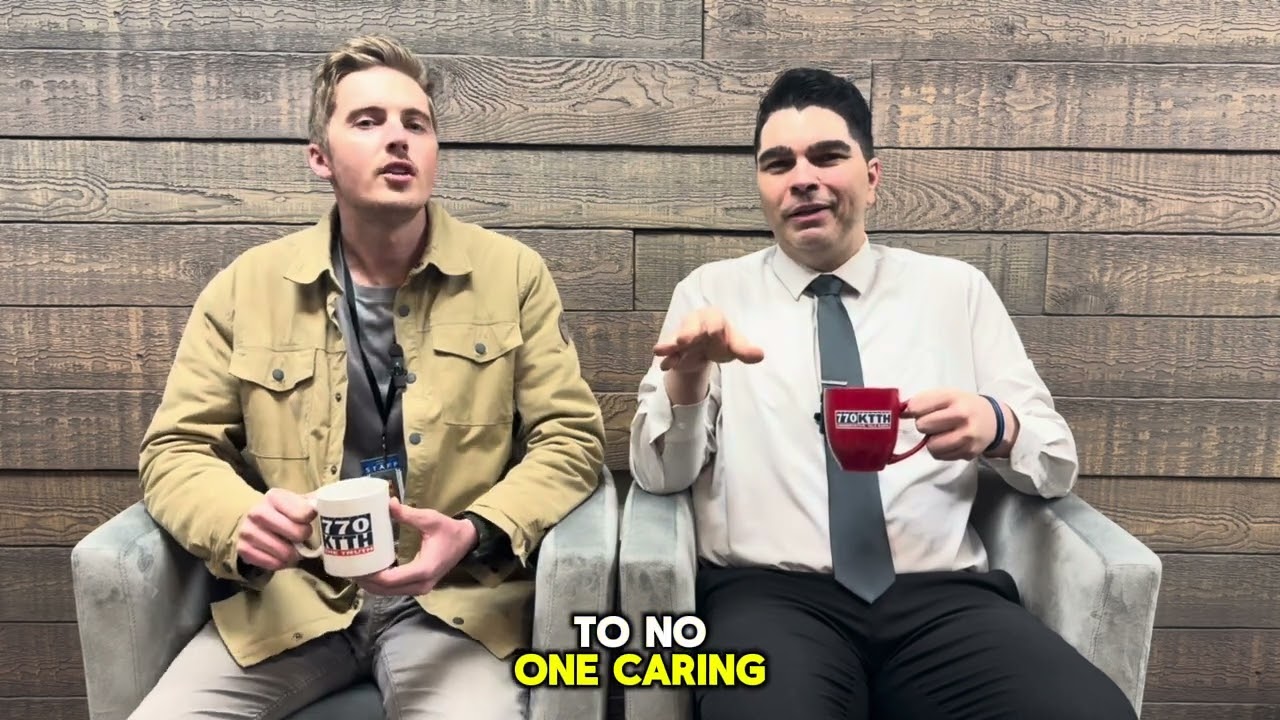Documentary examines pandemic response in both Washingtons
Apr 21, 2020, 12:46 PM | Updated: Apr 22, 2020, 7:08 am

Workers at UW Medicine's drive-through testing center in Seattle. (Getty Images)
(Getty Images)
A new PBS Frontline documentary, “Coronavirus Pandemic,” premiered Tuesday, focusing on the coronavirus response in the two Washingtons — Washington state and Washington, D.C.
Award winning journalist, and writer, director, and producer of this documentary, Miles O’Brien, joined KIRO Nights to talk about this project.
Gov. Inslee, Mayor Durkan honored among ‘heroes of the pandemic’
“As you pointed out, I cover science,” O’Brien said. “I’ve been doing that for a long time, and I’ve been watching with dismay in recent years as science and data and reason and facts become … ignored by people in the highest offices of politics in our land. That’s Washington, D.C.”
O’Brien watched the pandemic take root here in the Seattle area, beginning with the first patient in the United States at Providence Regional in Everett.
“I was struck with how different things seemed here,” he said.
He saw that people in Washington state care about science, technology, and the environment and believes that’s a “big part of the recipe for the success” we’ve seen statewide.
“This place was really, I think you could say, uniquely prepared to deal with this crisis,” O’Brien said. “[I] went over to the hospital, spoke to Dr. George Diaz, the infectious diseases expert, who treated that first patient back in mid January. They had done a full scale dress rehearsal drill for a pandemic three weeks prior, which wasn’t anything particularly related to Wuhan, although they were aware of it, but just part of their normal routine there.”
This was an area that was ready, O’Brien said, though there are limits to what can be achieved locally.
“There’s only so much a city and a state can do,” O’Brien said. “You can have leaders … who embrace science and technology, listen to the experts, and put that at the center of policy and do their best to enact emergency action built around that idea.”
But there are still barriers.
“It is, after all, a state fighting a global problem,” he added.
O’Brien said there needs to be a cohesive national response, but said we’ve seen the opposite from Washington, D.C. so far.
“Instead of leaning forward, trying to come together in a cohesive national strategy, the president seems bent on leaving it to the governors time and time again,” he said.
Unfortunately, O’Brien said, when politics are injected into the context of a global pandemic, lives are lost. He has seen it has become part of the ideology in Washington, D.C., to have a distrust of scientists, and to walk away from the facts.
“The Washington, D.C. political establishment has spent so many years going out of its way to discount the scientific enterprise,” he said. ” … And I think it almost becomes an ingrained, habit-forming response.”
“I think as this unfolds, the politics kind of gets in the way of good, solid decisions,” he added.
In Washington state, however, there is an immense respect for science.
“You have a governor who, after all, has been one of the leading advocates for action on climate change was the cornerstone of his presidential campaign. He actually thinks science makes sense and should be listened to, and as a result, that kind of filters down through the political infrastructure here,” O’Brien said.
While most Washingtonians know the story of the coronavirus pandemic pretty well at this point, O’Brien thinks viewers will be surprised by the time wasted in February.
“At the University of Washington School of Medicine, a virologist by the name of Alex Greninger was hard at work, watching very carefully what was going on in Wuhan,” he said. “And the moment the Chinese published the genetic sequence of this virus, he got his team together and he built a test. He called it a ‘homebrew’ test. But it was a test that he verified and worked.”
Greninger went to the FDA for approval to use this test in the community. At this point, we knew about the first patient but did not yet know about the Life Care Center in Kirkland.
“That was that in between time, and he wanted … to start testing so they could start figuring out what he assumed, [which was] if there was one person there was probably 1,000, which is a pretty safe assumption when you’re talking about something like this,” he said. “But he ran into a bureaucratic brick wall. He couldn’t get the FDA to sidestep some of these really onerous regulations and precious time was wasted.”
As we’ve heard, and as O’Brien echoed, minutes count in situations like this global pandemic.
“I think when Seattleites see that, that a smart person in this lab was just banging his head against the wall, trying to get this test out the door, I think they’ll be a little bit outraged,” he said.
In terms of moving forward from here, O’Brien recognizes people need to get back to work.
“This is this is not a good situation that we’re in right now, but going back to work now is just going to be even more calamitous,” he said.
At this point, the states simply do not have the capacity to meet the need for mass testing, O’Brien said. The President can use his authority to demand manufacturing help, which may be necessary to help the country return to some sense of normalcy.
Dr. Jeff Duchin: ‘We’re not exactly where we need to be’ to reopen WA
“You know, this country, we can do this. I mean, we were rolling off B-24 bombers at Willow Run Michigan every 39 minutes or so in World War II, and that place was building cars just a matter of months previously,” O’Brien said. “We have the ability to do it. It’s a question of the federal authority to go in and demand that these manufacturers turn on a dime and start making equipment to make these tests.”
The documentary is available to stream online.
Listen to KIRO Nights weeknights from 7 – 10 p.m. on KIRO Radio, 97.3 FM. Subscribe to the podcast here.













